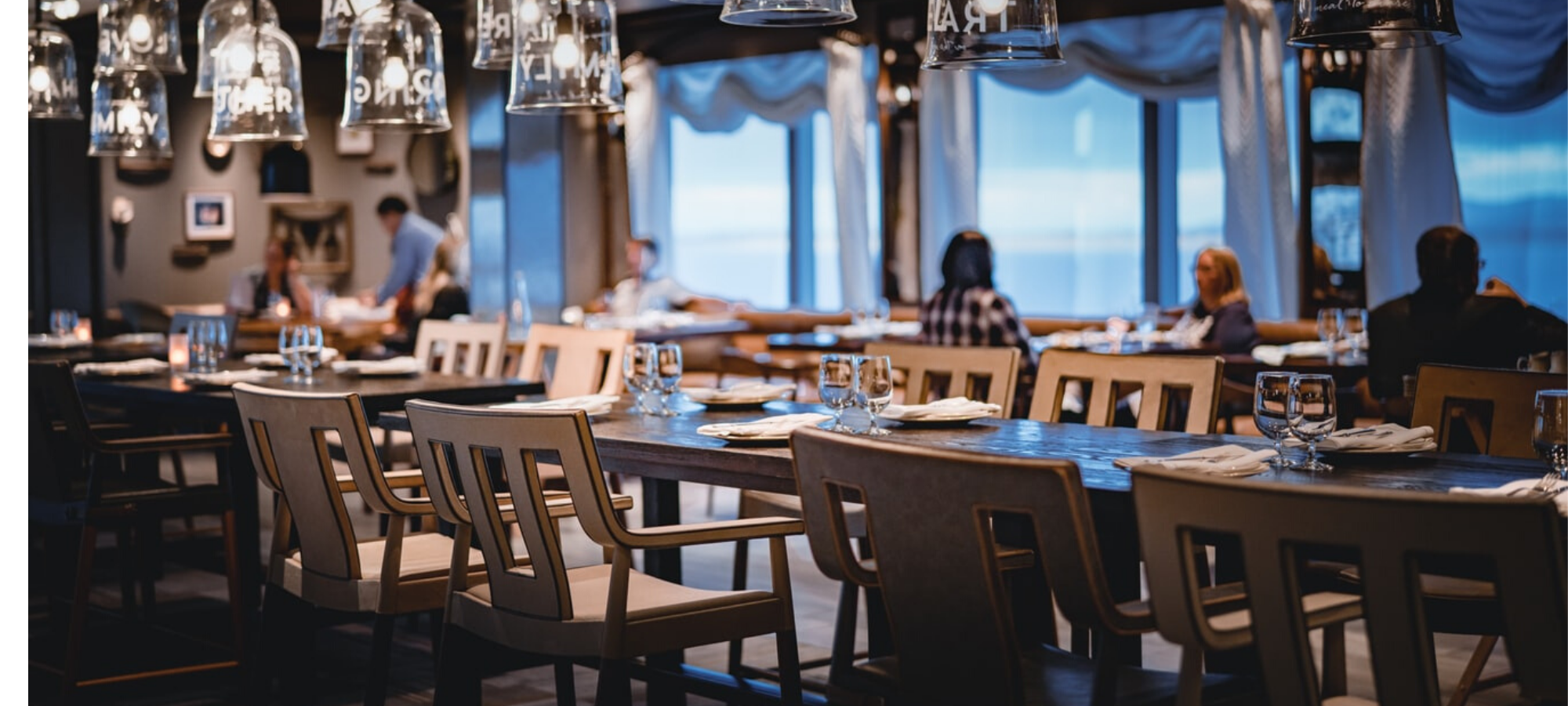It seems every day in selling restaurants, an owner describes the “potential” the business has for more volume or more profit.
For those selling a restaurant, this potential or opportunity for the future is seen as a reason that a buyer should invest and rightly so, as the future prospects makes the listing more attractive to buyers. It can also encourage a restaurant buyer to identify this as a better long-term opportunity.
When it comes to pricing the business for sale, however, Restaurant Brokers must price according to common lending practices and standard valuation methods. That means that “Blue Sky” or potential for the future is not something buyers are willing to pay for and lending can be provided for. A buyer will only pay for the past performance and a bank will only lend on past results.
Here’s why buyers will not pay for the “potential” in your business.
Lending is trickier. Most lenders avoid any open and operating businesses built on a pro forma. This is the Latin words for “to form.” It is standard practice to develop a pro forma in a startup situation where there are no existing metrics to rely upon for sales and earnings. The commonly accepted definition of a pro forma is, “assumed or forecasted information presented in advance of the actual or formal. The objective of a pro forma business plan is to give a fair idea of the revenue, expenses and earnings in anticipation of the actual occurrence
If a business is not open, it’s easy to formulate underlying data points and put them into a business plan to forecast the pro forma earnings. The only problem with this method is that pro forma financial statements estimate how the actual statements will look if the underlying assumptions hold true.
For open and operating businesses, the underlying assumptions have already been put to the test. Now we have actual statements and actual performance. The underlying assumptions may be revealed as flawed or inaccurate. If a restaurant owner built a pro forma based on sales of $6000 per week and the actual performance is only $4500 in sales per week, that fact is now known and therefore, must materially adjust the pro forma.
The second reason that “potential” cannot be factored into the selling price of a restaurant is that all the risk, effort and financial commitment to meet the business potential belongs to the buyer, not the seller.
In our earlier example, there is “potential” is to increase the number of customers each day and improve the volume to the original forecasted point. That, however, may require any of the following conditions be met:
- Investment in Advertisement
- Investment in Marketing
- Change of Concept
- Improvement in Service
- Change in the ingress/egress to the business
- New Residential or Commercial Development
- Improved Signage
- And the list continues
For an open and operating business, that means the buyer must invest some level of energy, effort and/or financial resources to improve the current performance of the business. That investment and effort is on the part of the buyer, not the seller. Therefore, the “up-side” or “potential” is still unknown, can’t be quantified and thus, can’t be sold on the front end of the listing.
The next time you consider selling your restaurant and offer up “potential” as a reason to buy, just remember, it cannot factor into the listing price. It is a definite selling point and makes a business more attractive but is not part of the valuation model
 Robin Gagnon, Certified Restaurant Broker®, MBA, CBI, CFE is the co-founder of We Sell Restaurants and industry expert in restaurant sales and valuation. Named by Nation’s Restaurant News as one of the “Most Influential Suppliers and Vendors” to the restaurant industry, her articles and expertise appear nationwide in QSR Magazine, Franchising World, Forbes, Yahoo Finance, and BizBuySell. She is the co-author of Appetite for Acquisition, an award-winning book on buying restaurants.
Robin Gagnon, Certified Restaurant Broker®, MBA, CBI, CFE is the co-founder of We Sell Restaurants and industry expert in restaurant sales and valuation. Named by Nation’s Restaurant News as one of the “Most Influential Suppliers and Vendors” to the restaurant industry, her articles and expertise appear nationwide in QSR Magazine, Franchising World, Forbes, Yahoo Finance, and BizBuySell. She is the co-author of Appetite for Acquisition, an award-winning book on buying restaurants.
.

 404-800-6700
404-800-6700.png)










